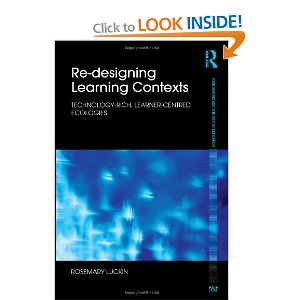 Word for the post is – le cahier = notebook or journal, as in: C’est le cahier que mon amie Ann m’a donné avant mon départ de Brighton pour Marseille et que j’utilise pour prendre des notes pendant mes classes de langue
Word for the post is – le cahier = notebook or journal, as in: C’est le cahier que mon amie Ann m’a donné avant mon départ de Brighton pour Marseille et que j’utilise pour prendre des notes pendant mes classes de langue
I am nearly at the end of my first notebook after 22 language lessons and I like looking back over the notes that I have made. I use this book for any points that are covered in the class, grammar and vocabulary for example, as they are covered. I also have another notebook where I jot down new verbs as they are introduced, although I notice that I am using this second book less conscientiously now, as I become more relaxed I think. As I look through the pages I realise that I am appreciating my own native English language to a greater extent. I find my self thinking about how I am constructing sentences in English more carefully, and of course thinking too about how these might be changed so that I can translate them into French. I was fascinated yesterday therefore by a small piece of role reversal that occurred amongst our class discussions about the entertainment events , the Cannes film festival and what people had thought of the film Robin des Bois. The role reversal was between myself and the class teacher who asked me to take a look at something she had written in English. I carefully started to make suggested changes to the text in pencil, but she asked if I would use a red pen so that she could see them better. This amused me, because I am not a ‘red pen’ fan at the best of times, but for me to use a red pen on my teacher’s work, work which incidentally was of course a much better construction of English than my attempts at writing French, went deeply against the grain! I agreed and was greatly helped by a classmate who offered to re-write the text afresh as we made suggestions. This saved my needing to use that red pen too much.
The mistakes that someone makes when translating from the language you are trying to learn to the language that you know well offer interesting windows to understand the issues that make big differences. The expected differences such as the positioning of adjectives for example: ‘the exam entrance’, as opposed to ‘the entrance exam’ for University, are clear to see. However, what struck me more were the differences in the way in which one phrases what one wants to say in general. This meant that I was tempted to suggest quite significant changes, not because what had been written was wrong, but because writing it a different way would make it flow more easily in English. This made me reflect upon some of my early studies of Artificial Intelligence and the enormous challenges posed for automatic language translation and language learning. I understand a little about why some of the translations google translate offers me are poor, even to my novice eye, and about why the crowd sourcing possibilities it encourages are important. It also made me reflect upon the importance of context, a subject very close to my heart, and why the style of writing my French teacher needed was different from the style of writing that I might use in an academic paper, for example. However, most of all the experience confirmed my believe that I really need to learn how to think as a French speaker in order to really use the language effectively. This will take some considerable time!

